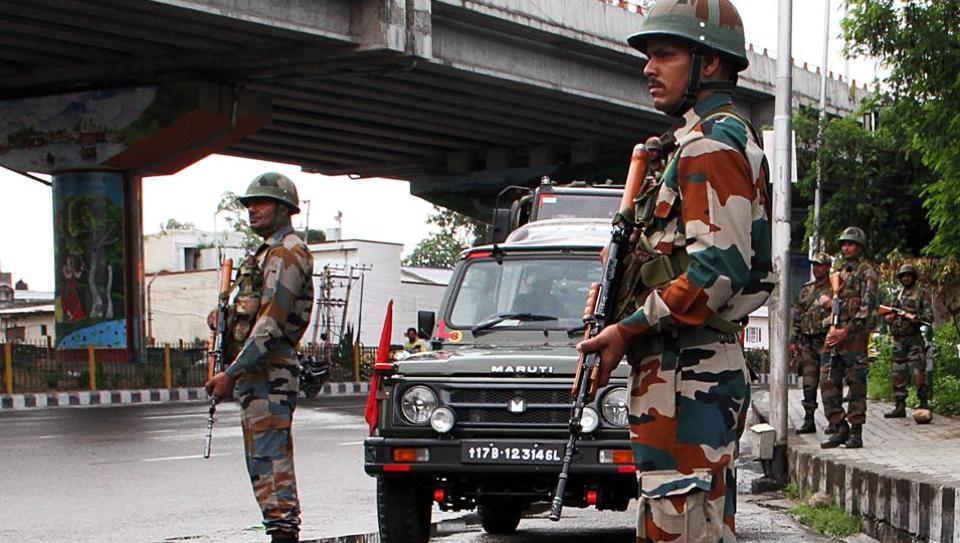Bhubaneswar: “Political language is designed to make lies sound truthful and murder respectable and to give an appearance of solidarity to pure wind.” George Orwell’s words seem prophetic as one looks at the current lockdown in Jammu and Kashmir after India scrapped some provisions of Article 370 that guaranteed special status to J&K. The J&K stalemate has always been an emotive issue and hence needed an imaginative solution. It is indeed painful that Kashmir does not want to be part of a democratic India. But again, a partial narrative, like little knowledge, is a dangerous thing.
Think of the innumerable unmarked graves, the pellet wounds and the mass rapes. This is not to ignore the plight of displaced Kashmiri pundits.
The special status that J&K enjoyed till now was due to the unusual circumstances that led to its accession to India. The ruler of the princely state, Hari Singh, was unsure of his decision until an infiltration by Pakistan changed his mind pushing him to agree to the accession to India in return for troops from the latter.
One of the clauses of accession said, “Nothing in this instrument shall be deemed to be a commitment in any way as to acceptance of any future Constitution of India or to fetter my discretion to enter into arrangement with the Government of India under any such future Constitution”
Home Minister Amit Shah’s move disturbs this very condition that led to J&K’s accession to our country. The special status was removed in one fell swoop and the state was broken into two union territories.
In doing this, the government did not deem it fit to consult the people of J&K, communications have been severely curtailed and there has been a major troops build-up in the valley.
According to foreign agencies’ reports, streets in the main city of Srinagar were deserted with almost all shops shut, barring some pharmacies. Armed federal police manned mobile checkpoints across the city, limiting people’s movement.
Despite the security lockdown, residents of Srinagar reported sporadic protests.
“These [protests] are mostly localised because of the heavy troop deployment,” a police officer who sought anonymity told Reuters news agency, adding that police used tear gas and pepper spray to scatter protesters.
A police official told a news agency Wednesday that a protester died after being chased by the police. He died after jumping into the Jhelum river, the official said.
Citing another anonymous source, an agency report said at least six people have been admitted to hospital in Srinagar with gunshot wounds and other injuries from protests.
It has been said that more than 500 people were rounded up in the latest crackdown in Kashmir, which is under a strict curfew to suppress any unrest in response to the loss of autonomy.
University professors, business leaders and activists were among the 560 people taken to makeshift detention centres – some during midnight raids – in the cities of Srinagar, Baramulla and Gurez. “The detentions came as Prime Minister Narendra Modi was set to address the nation on the radio later Thursday to explain his Hindu nationalist government’s decision.”
“Emergency services are badly affected. Even though hospitals and fire stations are working, there is no way people can call these places and ask for ambulances. Hundreds of thousands of people are completely cut off from the rest of the country and the world,” said a reporter whose name the agency had held back for ‘security reasons’.
The stated raison d’etre behind the government move that Article 370’s exit will integrate J&K with India in a true sense and that it will lead to fast economic development of the border state is anybody’s guess. God forbid, the move could backfire which could end up bleeding both J&K and the nation.
The Centre’s decision has got approval of political parties as the people most affected by it cannot communicate and two of their former Chief Ministers are under house arrest. And so the week goes.
Shreya Sarkar, OP
